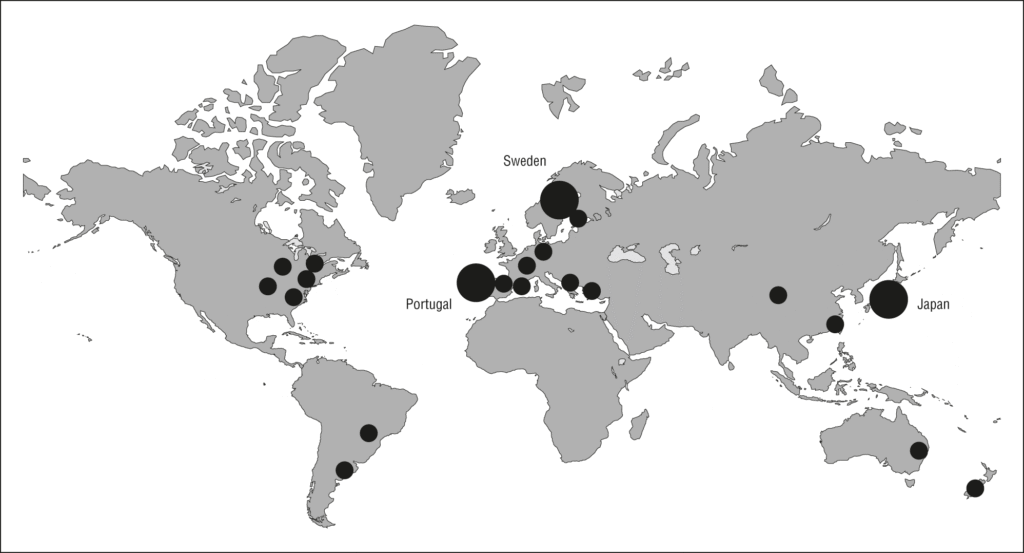education
UNDERSTANDING AMYLOIDOSIS
What Is Amyloidosis?
Amyloidosis is a rare but serious condition that occurs when abnormal proteins—called amyloid—build up in organs and tissues throughout the body. These misfolded proteins can interfere with normal organ function, leading to potentially life-threatening complications if left untreated. Amyloidosis can affect the heart, kidneys, liver, nervous system, and digestive tract, among other areas.
Types of Amyloidosis
There are several types of amyloidosis, each defined by the specific protein involved:
-
AL (Primary) Amyloidosis: The most common form in the U.S., caused by abnormal light chain proteins produced in the bone marrow. It often affects the heart and kidneys and may be associated with blood cancers like multiple myeloma.
-
AA (Secondary) Amyloidosis: Linked to chronic inflammatory conditions such as rheumatoid arthritis or chronic infections. It typically affects the kidneys and digestive organs.
-
ATTR Amyloidosis: Caused by a buildup of transthyretin protein, which is made in the liver. It can be hereditary (familial ATTR) or age-related (wild-type ATTR), and often impacts the heart and nerves.
-
Localized Amyloidosis: Involves amyloid deposits in a single organ or tissue, such as the bladder, skin, or airways, and is generally less severe than systemic forms.
Treatment and Management
Treatment for amyloidosis depends on the type and severity of the disease. Common approaches include:
- Chemotherapy or targeted therapies to stop the production of abnormal proteins (especially in AL amyloidosis).
- Medications to manage symptoms and protect affected organs.
- Organ transplants in severe cases, such as heart or kidney failure.
- Gene-silencing or stabilizing drugs for ATTR amyloidosis to reduce or prevent protein buildup.
Early diagnosis is critical to managing amyloidosis effectively and improving long-term outcomes.
Can Amyloidosis Be Prevented?
While there is no guaranteed way to prevent amyloidosis, managing chronic inflammatory diseases and seeking early medical attention for unexplained symptoms can reduce the risk of complications. Genetic counseling may be helpful for families with a history of hereditary amyloidosis.
where is attr most commonly found?
ATTR V30M variant – found mostly in Portugal, Spain, France, Sweden, Japan and descendants of these regions
ATTR V122I variant – seen in 3-4% of African Americans
ATTR T60A variant – seen in people of Irish descent and the most common variant in the UK

